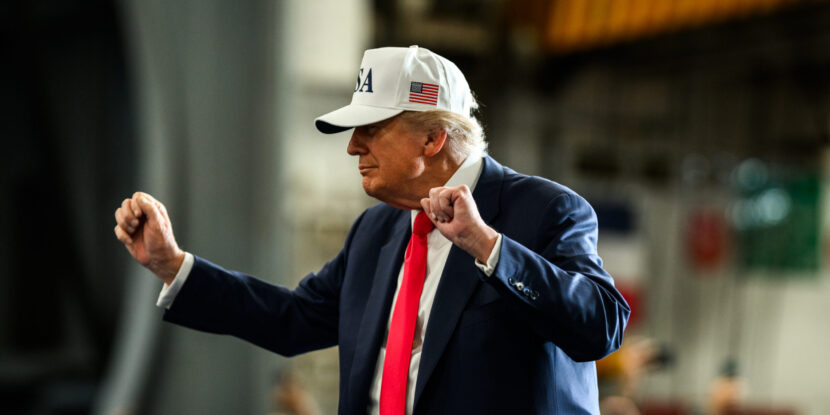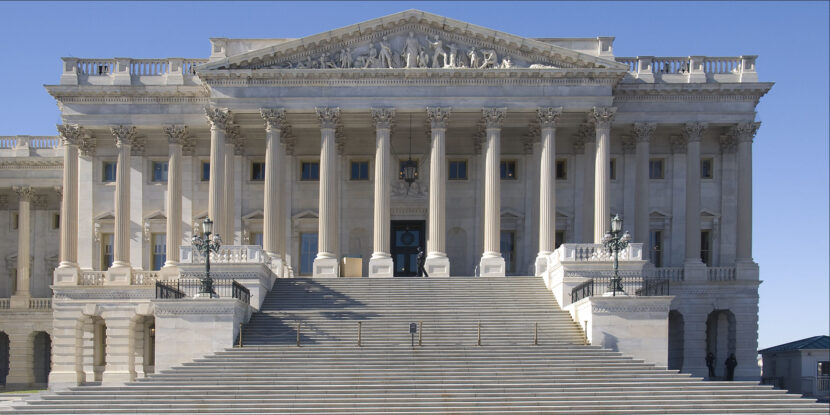The New York Times is unwittingly exposing that the Democratic Party and their corporate media allies adopted a policy of toleration towards Mexican drug cartels—violent criminal organizations that control large swaths of Mexico’s private and public institutions and territory. According to the liberal newspaper, President Donald J. Trump’s recent executive order designating the cartels as Foreign Terrorist Organizations (FTOs)—which opens them to U.S. military action and severe economic sanctions—is a more significant threat to the American economy than to the criminal groups operating in Mexico and the U.S.
“President Trump’s executive order designating Mexican cartels and other criminal organizations as foreign terrorists could force some American companies to forgo doing business in Mexico rather than risk U.S. sanctions, according to former government officials and analysts—an outcome that could have a major effect on both countries given their deep economic interdependence,” the New York Times claims. “Even more complicated, these criminal networks have extended their operations far beyond drug trafficking and human smuggling. They are now embedded in a wide swath of the legal economy, from avocado farming to the country’s billion-dollar tourism industry, making it hard to be absolutely sure that American companies are isolated from cartel activities.”
The story is a stark admission by the Democratic Party-aligned corporate media outlet that the U.S. political elite under the Biden-Harris government adopted a stance of toleration and complacency towards the Mexican drug cartels. For Wall Street and Washington, D.C., the potential of minor disruptions to foreign trade and the U.S. economy was not worth the American and Mexican lives that are lost every year to cartel violence and the illegal drug trade.
CARTELS AND THE ECONOMY.
While it is true that the Mexican cartels have extensive ties to key industries in Mexico, part of the justification for the Trump White House’s decision is that it opens a wide array of economic and military options to dismantle the criminal organizations. Additionally, the cessation of business relations between U.S. companies and cartel fronts in Mexico is critical in ending the violent criminal gangs’ access to funding and resources.
The cartels are heavily reliant on their American business partners as avenues for laundering their ill-gotten gains and multiplying their revenue in U.S. markets. Estimates for the cartels’ total revenue range anywhere between $19 billion and $500 billion annually—on the high end, that is just under two percent of the overall U.S. annual GDP. Although economic sanctions would impact more than just cartel revenue and investments in Mexican-U.S. trade, any disruption would still likely be minimal, with exports from other trade partners filling the void.
The National Pulse reported on Tuesday that President Trump intends to begin enacting broad, 25 percent tariffs on Mexican and Canadian goods in February. The move is meant to force America’s neighbors to the negotiating table on trade imbalances and push both countries to crack down on the movement of illegal immigrants and illicit drugs into the U.S.




















